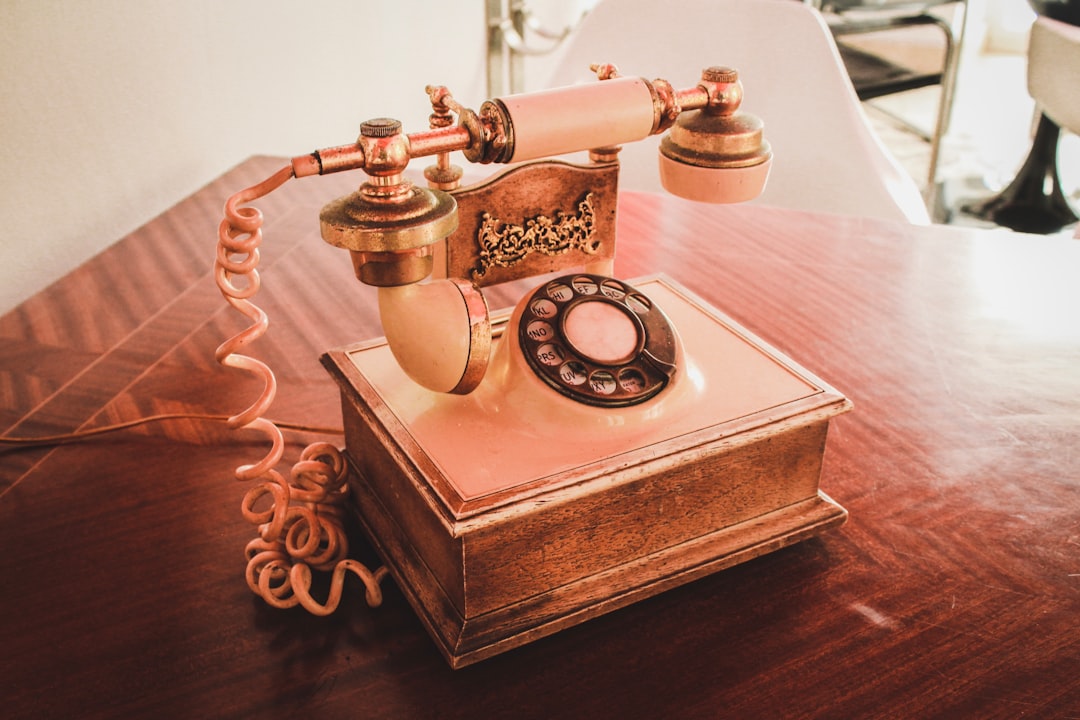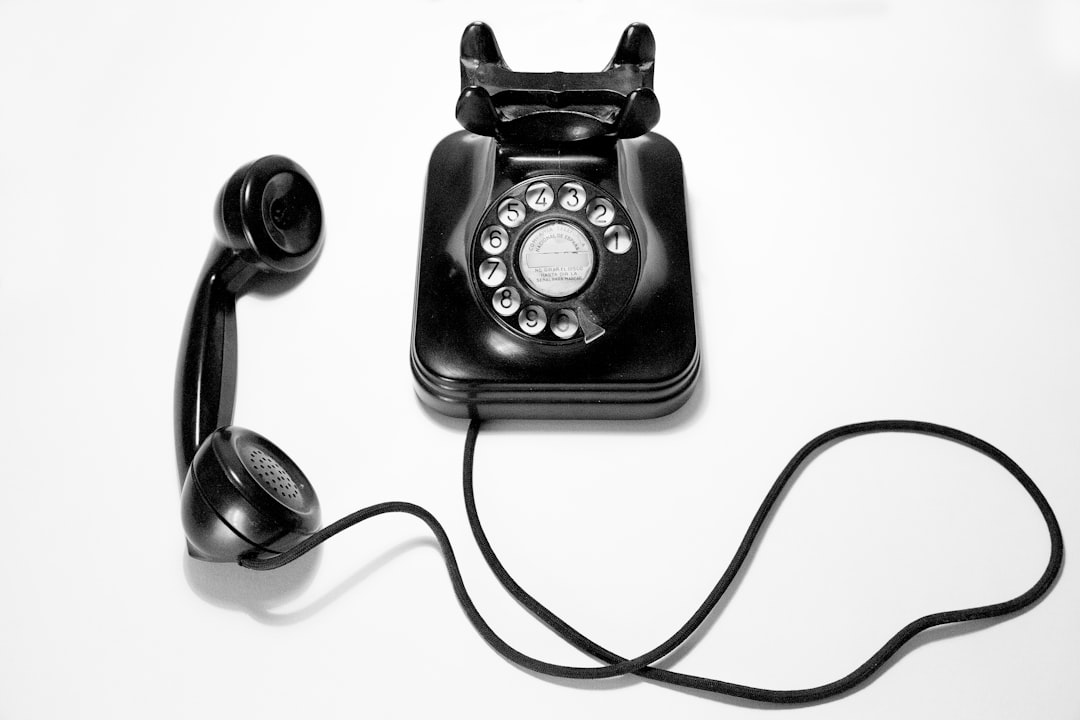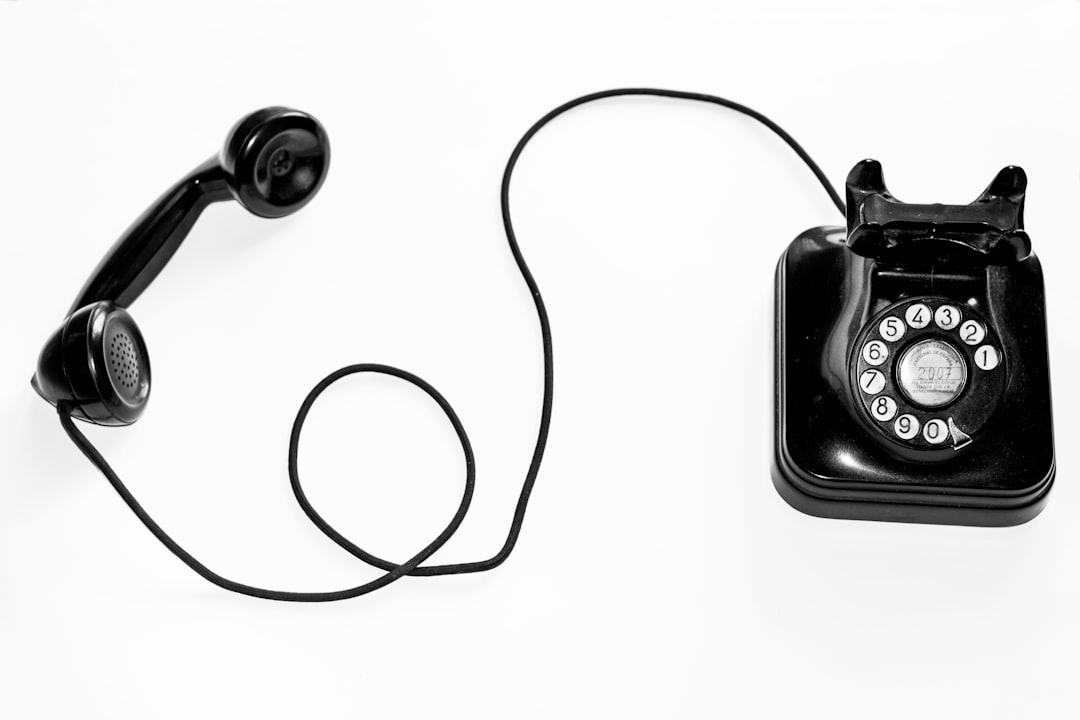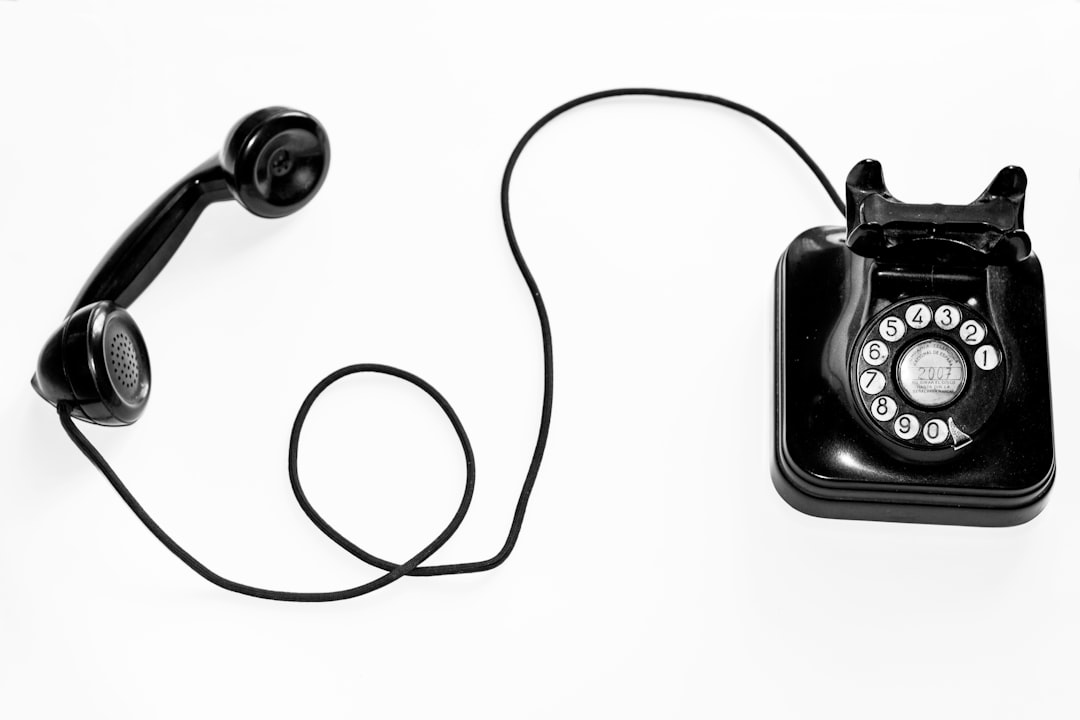An autodialer is a powerful tool for law firms in competitive Philadelphia, streamlining outbound calls and client acquisition by automating communication with pre-programmed scripts. However, navigating Pennsylvania's strict regulations on autodialers, governed by the Public Utility Commission (PUC), is crucial to protect legal practices and clients' rights. Compliance involves obtaining caller permissions, respecting do-not-call lists, providing opt-out options, and ensuring accurate caller ID display. Proper staff education and adherence to best practices like TCPA compliance, clear protocols, tracking records, and regular audits enable law firms to effectively use autodialers while maintaining integrity in client interactions.
In the digital age, autodialer technology has become an indispensable tool for law firms across Philadelphia. However, understanding and adhering to compliance regulations surrounding its use is paramount to avoid legal pitfalls. This article guides Philadelphia lawyers through the intricacies of autodialer compliance, offering insights on what constitutes an autodialer, the specific regulatory landscape in Pennsylvania, and best practices for implementation and maintenance to ensure ethical and effective use.
What is an Autodialer and How Does it Affect Lawyer Practices in Philadelphia?

An autodialer is a technology that automates the process of placing outbound phone calls, allowing law firms in Philadelphia to reach a large number of potential clients efficiently. This tool has become an integral part of many legal practices, particularly for those focusing on marketing and client acquisition. By using pre-programmed scripts and automated dialing, lawyers can quickly connect with prospects, share important information, and even schedule appointments or consultations.
In Philadelphia, where competition among law firms is intense, the use of autodialers has significant implications. It enables legal professionals to streamline their outreach campaigns, ensuring consistent and timely communication with clients. However, it also raises concerns about compliance with telecommunications regulations, particularly regarding do-not-call lists and consumer privacy. Philadelphia’s lawyers must navigate these regulatory waters to ensure their autodialer practices adhere to legal guidelines, protecting both their businesses and the rights of potential clients.
Navigating Compliance Requirements for Autodialers in Pennsylvania Law

Navigating the compliance landscape for autodialers in Pennsylvania, particularly for law firms in Philadelphia, requires a meticulous approach to ensure adherence to state regulations. The use of automated phone systems, like autodialers, is governed by strict guidelines aimed at protecting consumers from unsolicited calls and ensuring fair business practices. These rules are administered by the Pennsylvania Public Utility Commission (PUC), which enforces laws related to telemarketing and automatic dialing-an essential aspect of modern legal communication strategies.
Philadelphia law firms employing autodialers must familiarize themselves with the PUC’s requirements, including obtaining the necessary permissions from callers and implementing procedures to prevent unwanted calls. Compliance involves adhering to do-not-call lists, providing clear opt-out mechanisms, and ensuring accurate caller ID display. Law firms are expected to educate their staff on these regulations to maintain ethical practices and avoid penalties. An understanding of these compliance requirements is crucial for autodialer usage, ensuring that Philadelphia’s legal community remains compliant while leveraging efficient communication tools.
Best Practices for Implementing and Maintaining Autodialer Systems in Philadelphia Law Firms

Implementing and maintaining an autodialer system in a Philadelphia law firm requires careful consideration to ensure compliance with local regulations and best practices. Firstly, firms should invest in a reputable autodialer solution that adheres to the Telephone Consumer Protection Act (TCPA) guidelines. This ensures that automated calls are made with consent and respect for consumer privacy. Regular training sessions for staff involved in using the autodialer are essential to foster adherence to ethical standards.
Best practices include establishing clear protocols for obtaining client opt-in, tracking call records meticulously, and providing an easy opt-out mechanism during each communication. Additionally, regular system audits should be conducted to identify and rectify any potential non-compliance issues promptly. By following these guidelines, Philadelphia law firms can leverage the efficiency of autodialers while maintaining integrity in their client communications.






